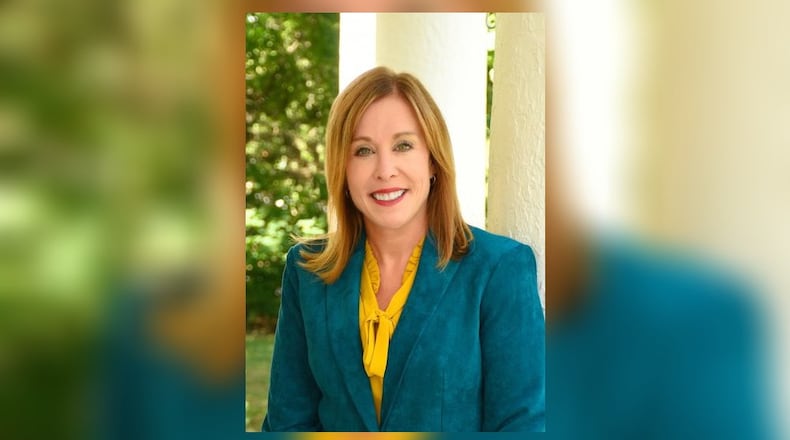Community colleges play a significant and integral role in educating more than 7 million students nationally, and our high quality of instruction, convenient locations and options, focus on student support, and low cost of attendance help students reach their career and educational goals. Clark State is absolutely committed to meeting students where they are and helping them attain success. After all, our mission is “to engage and empower diverse learners by providing high-quality educational programs and services that emphasize student and community success.” With the COVID pandemic still impacting all of our lives, Clark State is providing in-person learning and services as well as utilizing technologies and virtual platforms to offer flexibility for our employees and students during these unpredictable times. Clark State, in other words, is back in many ways. Here are a few:
1. We are Back to Better — Many institutions are committing to “getting back to normal.” Clark State has focused on “getting back to better.” We want to ensure that we have included and embraced lessons learned during the pandemic that have increased student performance and enhanced student learning and services. A good example of “getting back to better” is reflected in several new positions that we are leveraging to assist employees and students in continued and sustained professional development through our Center for Teaching and Learning (CTL). Clark State has added a new staff professional development position and a new instructional design position to respond to and train employees and students on the latest technologies and best practices in learning. Additionally, during the pandemic, Clark State overhauled our staff evaluation process and embraced a staff coaching model that prioritizes student, community service, and equity goals.
2. Back to the Spotlight — Community colleges are in the news. There is much talk of “free” community college, and the outlines of such a plan have yet to be ironed out, but there is no doubt that the public, lawmakers, and industry recognize the need for skilled and educated individuals who are nimble and prepared for the future of work. If the pandemic has taught us anything, it is that flexibility, self-direction, and communication ability — traditionally labeled “soft skills” — are in-demand and perhaps the “hardest” skills of all to acquire. The American Jobs Plan and the American Families Plan both contain major and much-needed investments in community colleges, including $100 billion in workforce training over the next 10 years, and an additional $80 billion for Pell grants over that same period.
3. Back to Innovation — Clark State has been very successful at focusing on innovation in the past eight years, but the pandemic did not slow us down. We received more than $9 million in grants for laser manufacturing training, entrepreneurship in manufacturing, and implementation of trauma-informed practices at the college. This work is exceptionally timely for our employees and students as we prepare for the next decade or more of workforce innovation — and student success post-COVID.
4. Back to the Future — Clark State is deeply invested in mentoring for the future, including our nationally recognized SOAR program that develops leaders internally at Clark State. We also value developing leaders externally for work in higher education. Tiffany Hunter, Clark State Provost and Vice President of Academic Affairs who has a doctorate in leadership for higher education from Capella University, has been selected to participate in the prestigious Aspen Presidential Fellows’ program, and 10-month intensive training for future presidents. She will be the third leader at Clark State to attend. Hunter has given much to Clark State, and developing talent is part of our culture. Additionally, Clark State is planning for our future by embarking on a facilities’ master planning process for our five college locations and addressing future space, technology, and program needs that will set Clark State on a course to continue its excellence in student and community success. Clark State last completed a master plan in 2017, and we are ready to chart our future facility and program needs given the lessons we have learned during the pandemic.
While the COVID crisis continues to impact our society, Clark State College’s Board of Trustees, employees, and students are most certainly getting “back to better.”
Jo Alice Blondin, Ph.D., is president of Clark State College.
